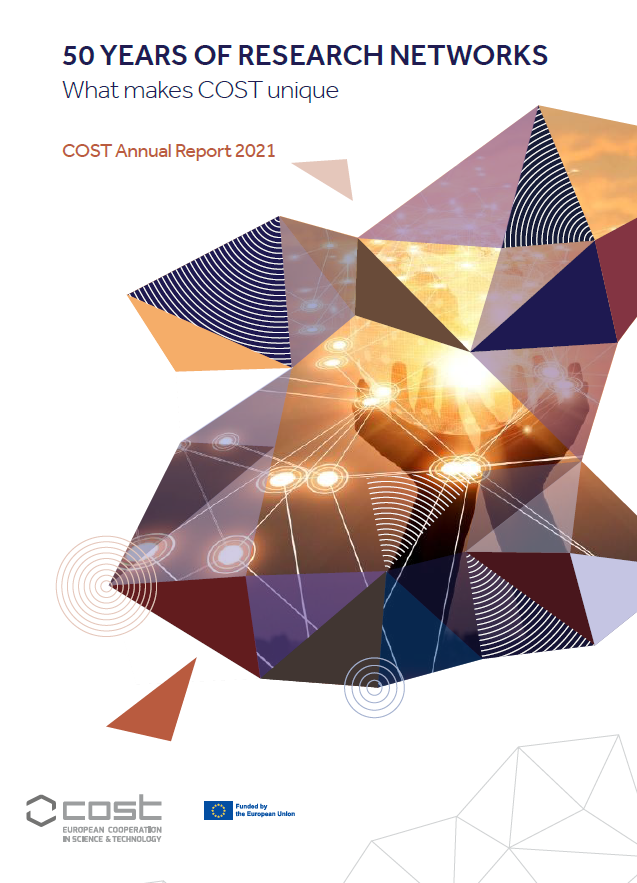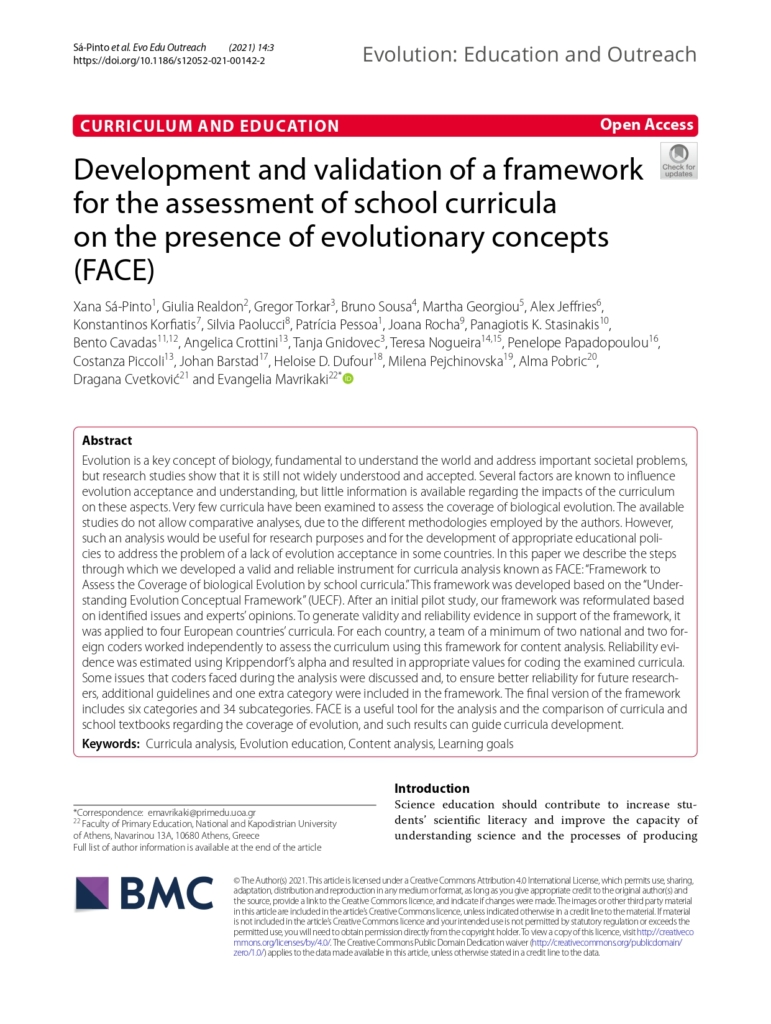
The COVID-19 Pandemic and the Future of Working Spaces
ISBN – 9781032014340
This edited volume presents a compendium of emerging and innovative studies on the proliferation of new working spaces (NeWSps), both formal and informal (such as coworking spaces, maker spaces, fab labs, public libraries, and coffee shops), and their role during and following the COVID-19 pandemic in urban and regional development and planning.
This book presents an original, interdisciplinary approach to NeWSps through three features: (i) situating the debate in the context of the COVID-19 pandemic, which has transformed NeWSp business models and the everyday work life of their owners and users; (ii) repositioning and rethinking the debate on NeWSps in the context of socioeconomics and planning and comparing conditions between before and during the COVID-19 pandemic; and (iii) providing new directions for urban and regional development and resilience to the COVID-19 pandemic, considering new ways of working and living.
The 17 chapters are co-authored by both leading international scholars who have studied the proliferation of NeWSps in the last decade and young, talented researchers, resulting in a total of 55 co-authors from different disciplines (48 of whom are currently involved in the COST Action CA18214 ‘The Geography of New Working Spaces and Impact on the Periphery’ 2019–2023: www.new-working-spaces.eu).
Selected comparative studies among several European countries (Western and Eastern Europe) and from the US and Lebanon are presented. The book contributes to the understanding of multi-disciplinary theoretical and practical implications of NeWSps for our society, economy, and urban/regional planning in conditions following the COVID-19 pandemic.

COST Annual Report 2021
2021 has been a special year for COST, celebrating its 50th anniversary and giving rise to many key initiatives and activities. This edition underlines the unique features of the COST Programme and depicts the year’s main highlights, together with facts and figures.
The publication also features some of COST Actions’ success stories demonstrating the importance of COST for careers and scientific networks.

The Pandemic of Argumentation
ISBN – 978-3-030-91019-8
The Pandemic of Argumentation is a the first collective volume on virality of argumentation in pandemic times. It offers state-of-the art accounts of the challenges of public communication and public deliberation during crisis. It is published by COST Action CA17132 – European network for Argumentation and Public PoLicY analysis (APPLY) and thanks to the golden Open Access fees covered by the Action, this book is available Open Access.

Biochimica et Biophysica Acta (BBA)- Gene Regulatory Mechanisms
ISSN: 1874-9399
The construction and maintenance of a high quality and interoperable knowledge commons that covers the area of gene regulation information involves key players in the field of bio-curation, database management and computational biology who collaborated with knowledge commons users under aegis of the GREEKC COST Action. This special issue of BBA-Gene Regulatory Mechanisms reports on progress in the following areas; ontologies and controlled vocabularies, the development of curation guidelines and standards, identify literature content by text mining and storing and sharing of the gene expression regulation knowledge commons.

Tools for investigating electronic excitation: experiment and multi-scale modelling
Title – Tools for investigating electronic excitation: experiment and multi-scale modelling
ISBN – 978-84-09-36032-1
DOI – https://doi.org/10.20868/UPM.book.69109
It can be also downloaded for the Action website: https://www.cost-ca17126.industriales.upm.es/pdf/COST-TUMIEE_Book.pdf
This book collects the lectures presented in the first COST TUMIEE Training School held in Greece in 2019, supplemented with specific applications that illustrate how the multi-scale approach is implemented in specific cases of interest. The book is intended both as a reference in the field and as a textbook for people becoming interested or entering the field. The first part focuses on experimental methods, the second on theoretical approaches, and the third on cases of interest.

Following Darwin’s footsteps: Evaluating the impact of an activity designed for elementary school students to link historically important evolution key concepts on their understanding of natural selection
- Authors: Sá-Pinto, X.; Pinto, A.; Ribeiro, J.; Sarmento, I.; Pessoa, P.; Rodrigues, L.; Vázquez-Ben, L.; Mavrikaki, E.; Lopes, J.B.
- Publisher: Ecology and Evolution
- DOI: http://dx.doi.org/10.1002/ece3.7849
While several researchers have suggested that evolution should be explored from the initial years of schooling, little information is available on effective resources to enhance elementary school students’ level of understanding of evolution by natural selection (LUENS). For the present study, we designed, implemented, and evaluated an educational activity planned for fourth graders (9 to 10 years old) to explore concepts and conceptual fields that were historically important for the discovery of natural selection. Observation field notes and students’ productions were used to analyze how the students explored the proposed activity. Additionally, an evaluation framework consisting of a test, the evaluation criteria, and the scoring process was applied in two fourth-grade classes (N = 44) to estimate elementary school students’ LUENS before and after engaging in the activity. Our results show that our activity allowed students to link the key concepts, resulting in a significant increase of their understanding of natural selection. They also reveal that additional activities and minor fine-tuning of the present activity are required to further support students’ learning about the concept of differential reproduction.

Development and validation of a framework for the assessment of school curricula on the presence of evolutionary concepts (FACE)
- Authors: Xana Sá-Pinto, Giulia Realdon, Gregor Torkar, Bruno Sousa, Martha Georgiou, Alex Jeffries, Konstantinos Korfiatis, Silvia Paolucci, Patrícia Pessoa, Joana Rocha, Panagiotis K. Stasinakis, Bento Cavadas, Angelica Crottini, Tanja Gnidovec, Teresa Nogueira, Penelope Papadopoulou, Costanza Piccoli, Johan Barstad, Heloise D. Dufour, Milena Pejchinovska, Alma Pobric, Dragana Cvetković & Evangelia Mavrikaki
- Publisher: Springer Nature on behalf of Evolution: Education and Outreach
- DOI:https://doi.org/10.1186/s12052-021-00142-2
Evolution is a key concept of biology, fundamental to understand the world and address important societal problems, but research studies show that it is still not widely understood and accepted. Several factors are known to influence evolution acceptance and understanding, but little information is available regarding the impacts of the curriculum on these aspects. Very few curricula have been examined to assess the coverage of biological evolution. The available studies do not allow comparative analyses, due to the different methodologies employed by the authors. However, such an analysis would be useful for research purposes and for the development of appropriate educational policies to address the problem of a lack of evolution acceptance in some countries. In this paper we describe the steps through which we developed a valid and reliable instrument for curricula analysis known as FACE: “Framework to Assess the Coverage of biological Evolution by school curricula.” This framework was developed based on the “Understanding Evolution Conceptual Framework” (UECF). After an initial pilot study, our framework was reformulated based on identified issues and experts’ opinions. To generate validity and reliability evidence in support of the framework, it was applied to four European countries’ curricula. For each country, a team of a minimum of two national and two foreign coders worked independently to assess the curriculum using this framework for content analysis. Reliability evidence was estimated using Krippendorf’s alpha and resulted in appropriate values for coding the examined curricula. Some issues that coders faced during the analysis were discussed and, to ensure better reliability for future researchers, additional guidelines and one extra category were included in the framework. The final version of the framework includes six categories and 34 subcategories. FACE is a useful tool for the analysis and the comparison of curricula and school textbooks regarding the coverage of evolution, and such results can guide curricula development.

Evolution Education Questionnaire on Acceptance and Knowledge (EEQ) - Standardised and ready-to-use protocols to measure acceptance of evolution and knowledge about evolution in an international context
- Authors: Anna Beniermann; Paul Kuschmierz, Rianne Pinxten, Tuomas Aivelo, Gustav Bohlin, Julia Solveig Brennecke, Umran Betul Cebesoy, Dragana Cvetković, Mirko Đorđević, Radka Marta Dvořáková, Momir Futo, Nicoleta Geamana, Konstantinos Korfiatis, Adam Lendvai, Athanasios Mogias, Silvia Paolucci, Maria Petersson, Barbara Pietrzak, Juris Porozovs, Giulia Realdon, Uroš Savković, Mircea Sofonea, Andrej Šorgo, Alexandru N. Stermin, Gregor Torkar, Anna Uitto, Lucía Vázquez Ben & Dittmar Graf
- Publisher: Published by Zenodo on Creative Commons Attribution 4.0 International on behalf of CA17217
- https://doi.org/10.5281/zenodo.4554742
The lack of standardised assessment of evolutionary knowledge and acceptance of evolution across Europe makes comparisons between studies difficult. The Evolution Education Questionnaire on Acceptance and Knowledge (EEQ) was constructed to measure attitudes and understanding across Europe and beyond. We aimed to compile a brief instrument to allow for easy application in school and university. The target group of the EEQ was freshman university students who had just finished their secondary education. However, several components of the questionnaire were developed and validated for additional target groups. Therefore, this questionnaire may, in addition, be suitable for students in secondary school, in-service teachers as well as the general public.
This method report describes the contents and application of the EEQ and provides information on survey conduction, data preparation, analyses and interpretation of results to serve as a standardised and ready-to-use protocol to measure the acceptance of and knowledge about evolution in a local, national or international context. To allow for sampling in different European countries, we present
the EEQ in 23 European languages.

Final Impact Assessment Study for Horizon 2020
COST’s Final Impact Assessment under Horizon 2020, reflecting on the past seven years’ activities has been carried. The in depth study highlights the massive role played by COST in the European research and innovation landscape and provides an overview of the networking, scientific and societal impacts of COST activities. The Final Impact Assessment addresses the relevance of the COST Programme and also indicates the areas and topics to be developed for the next Framework Programme, Horizon Europe, which starts in November 2021.
The Final Impact Assessment vividly highlights the relevance of COST within the European Research Area (ERA), as an integral and complementary element of the European Framework Programmes. In that respect, COST truly is the largest and most important networking instrument for researchers in Europe.
